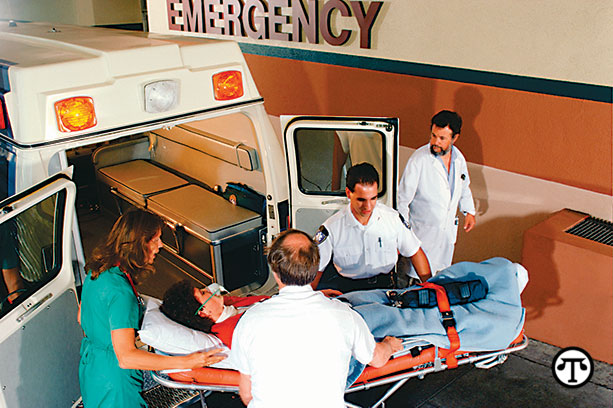
(NAPSI)—According to the Centers for Disease Control and Prevention, the number of fatal opioid overdoses has quadrupled since 1999. A 2015 National Survey on Drug Use and Health found that every day, more than 1,600 young adults and about 3,100 adults aged 26 or older misuse a pain medication for the first time.
It is not too late, however, to change this trajectory. Individuals, government agencies, and businesses are taking steps to reduce the problem—and you can be part of the solution.
What You Can Do
Nearly 54 percent of those who misused prescription painkillers obtained them from a friend or relative and only about 11 percent of unused medication is disposed of correctly. Public health experts say it’s vital you manage all prescription medications appropriately by:
- Never using another person’s prescription, and never giving your prescription medications to others.
- Storing prescription stimulants, sedatives and opioids safely.
- Properly discarding unused or expired medications according to FDA guidelines or at U.S. Drug Enforcement Administration collection sites.
What Others Are Doing
A pharmaceutical wholesale distributor that safely and securely delivers medications and medical supplies of all kinds, from the hundreds of manufacturers who make them to the thousands of licensed pharmacies that give them to patients, Cardinal Health, launched its Opioid Action Program, a pilot initiative that will deliver much-needed frontline tools to help prevent opioid abuse and support first responders in Ohio, Kentucky, Tennessee and West Virginia.
As part of this effort, the company will:
- Purchase approximately 80,000 doses of the lifesaving, overdose-reversing drug Narcan (naloxone HCl) Nasal Spray 4mg, and distribute them, free, for first responders and law enforcement officials.
- Significantly ramp up existing support for successful drug “takeback” and education programs. This initiative continues the work done, for several years, through the Cardinal Health Foundation’s partnership with The Ohio State University College of Pharmacy.
- Invest $3 million to expand grants focused on youth prevention education, prescriber opioid awareness and reduction efforts, and community responses to the epidemic. The grants fund community collaboratives among health care, law enforcement, education, business, service providers, government, funding organizations and volunteer organizations.
- Partner with the Warren Alpert Medical School at Brown University to share curricula that address opioid misuse and treatment with other medical schools. One goal is to expand the number of physicians who get Drug Addiction Treatment Act (DATA) waivers to prescribe treatments for opioid use disorder.
Explains Dr. Nick Hagemeier, Associate Professor at the Gatton College of Pharmacy, East Tennessee State University, and Research Director of ETSU’s Center for Prescription Drug Abuse Prevention and Treatment: “Combining multiple evidence-based approaches, and using them simultaneously, can help turn the tide of the opioid epidemic.”
This initiative is rooted in Cardinal Health’s goal of preventing the diversion of controlled substances to illegitimate use and investing in programs that provide communities with necessary tools to fight this epidemic. The company operates a state-of-the-art system using advanced analytics, technology, and on-the-ground deployment of investigators to evaluate all pharmacies, scrutinize all pharmaceutical shipments, and identify, block and report suspicious orders of pain medications.
Learn More
For further information about the Opioid Action Program, visit www.CardinalHealth.com/OpioidActionProgram.
